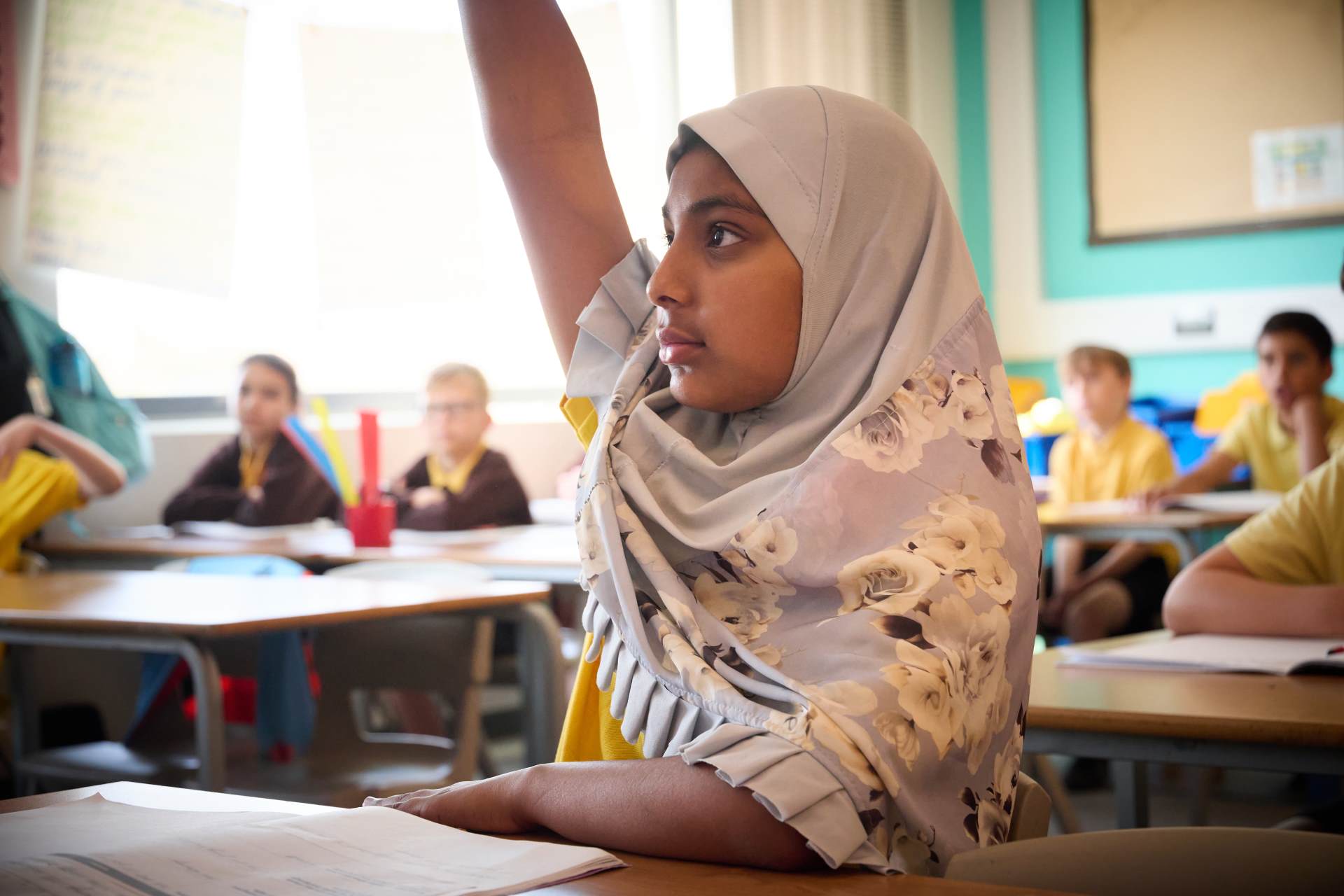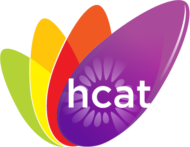Maths

Intent
At Eastfield Primary School, we are committed to ensuring that every child meets their full potential in mathematics. With this as the driving force behind all mathematical teaching and learning, we adopt a strategy known as teaching for mastery. Teaching for mastery allows all children to work at a level of challenge that matches their level of understanding, whilst also ensuring that all pupils are motivated to challenge themselves in every lesson.
At Eastfield, we want all pupils to have a passion for maths and see maths as a tool in everyday life. Children will be confident in their own abilities and have an understanding of maths in the real world. Through the learning activities and tasks provided, we ensure children see maths as fun as well as challenging- children will experience success and develop their ability to reason mathematically. We ensure that children are provided with opportunities to develop their fundamental maths knowledge throughout the school in order for them to build upon this with new knowledge and concepts throughout their maths journey.
Implementation
We ensure coverage of the National Curriculum by using the White Rose Maths small steps as a spine for our learning sequences. This method of teaching perfectly suits the mastery approach and allows all children to develop fluency in the mathematical concept and then apply this concept to reasoning and problem-solving situations. All children will be given the opportunity to reason and problem solve in every lesson, whether this be as an individual or as a part of a group. Teachers always start with the small steps from White Rose Maths to inform their planning of a unit and identify the key foundational knowledge then adapt as needed for their classes. The progression of small steps allows for foundational knowledge to be recapped, connections to be made and any gaps in a child’s understanding to be quickly identified and remedied.
Maths is taught daily to enable the achievement of ‘mastery’ over time. The school uses a CPA (concrete, pictorial and abstract) approach throughout each small step, which encourages children to be able to choose the most suitable resources, strategies and methods in order to represent mathematical concepts and solve problems. Mathematical talk is also a key feature in all lessons, encouraging children to fully explore mathematical concepts and reason logically.
In EYFS, pupils participate in a daily mathematics lesson using WRM and Mastering Number. The children access the input as whole-class and then work in small guided groups to complete practical activities and one piece of independent work a week. All lessons begin with a fluency check in or counting activity, followed by the teaching of new knowledge. Pupils largely work on their understanding of number in order to develop fluency. Maths in continuous provision encourages children to practice the mathematical skills they have been taught, in order to develop fluency and embed the foundational knowledge.
We go above and beyond the opportunities provided within the White Rose Scheme when developing children’s calculation skills. Once a week in KS1 and KS2 children recap their arithmetic skills and complete an arithmetic check in, in which we revisit prior learning from place value, addition, subtraction, multiplication and division. We then use the results of these check ins to inform our two arithmetic lesson starters for the following week, with the aim that all children will be fluent in the formal methods of calculation for their year group (addition, subtraction, multiplication and division).
To boost times tables recall speed and automaticity, the pupils also have access to Times Table Rock Stars. The children use this in and out of school to develop their automaticity of multiplication facts up to 12 x 12.

Impact
As a result, we have a community of confident Mathematicians, who experience challenge and success in Mathematics by developing a growth mindset and a ‘can-do’ attitude. Our pupils are not afraid to take risks in Mathematics and feel confident applying their skills in the context of the real world. These factors ensure that we are able to maintain high standards, with achievement at the end of KS2 well above the national average and a high proportion of children demonstrating greater depth at the end of each phase.
Further Information
Mathematics Progression MapMathematics Long Term Plans Times Table Policy


